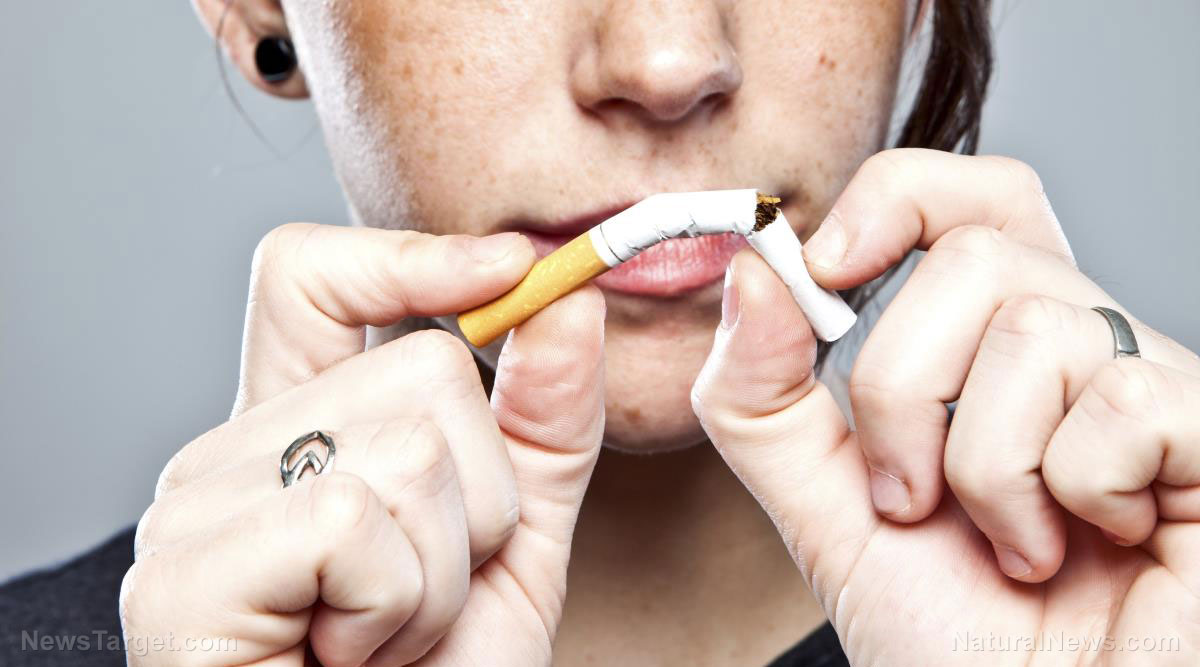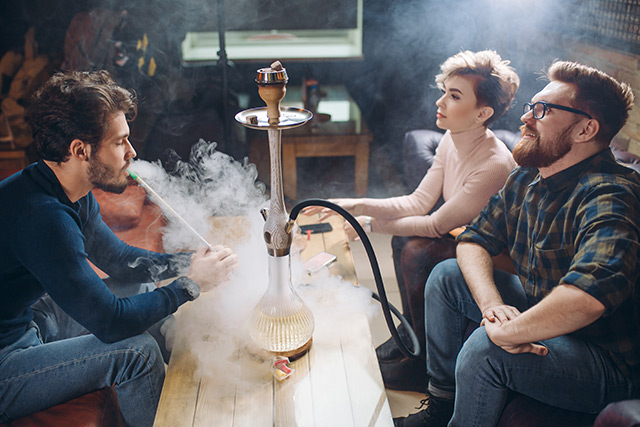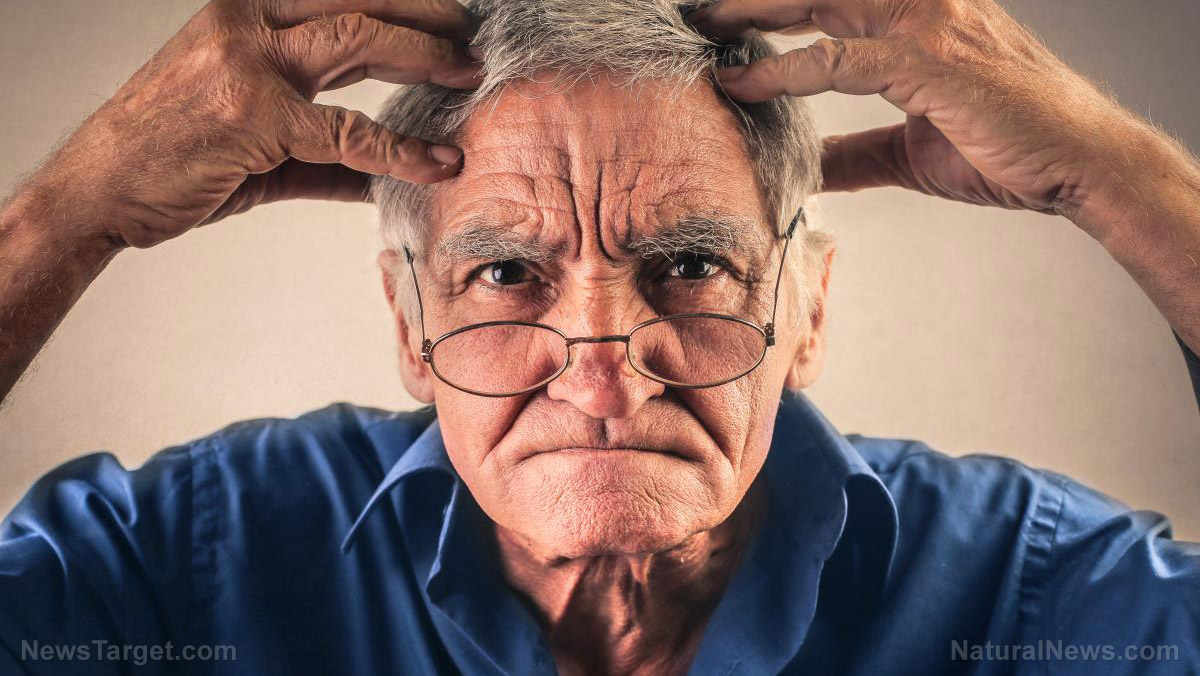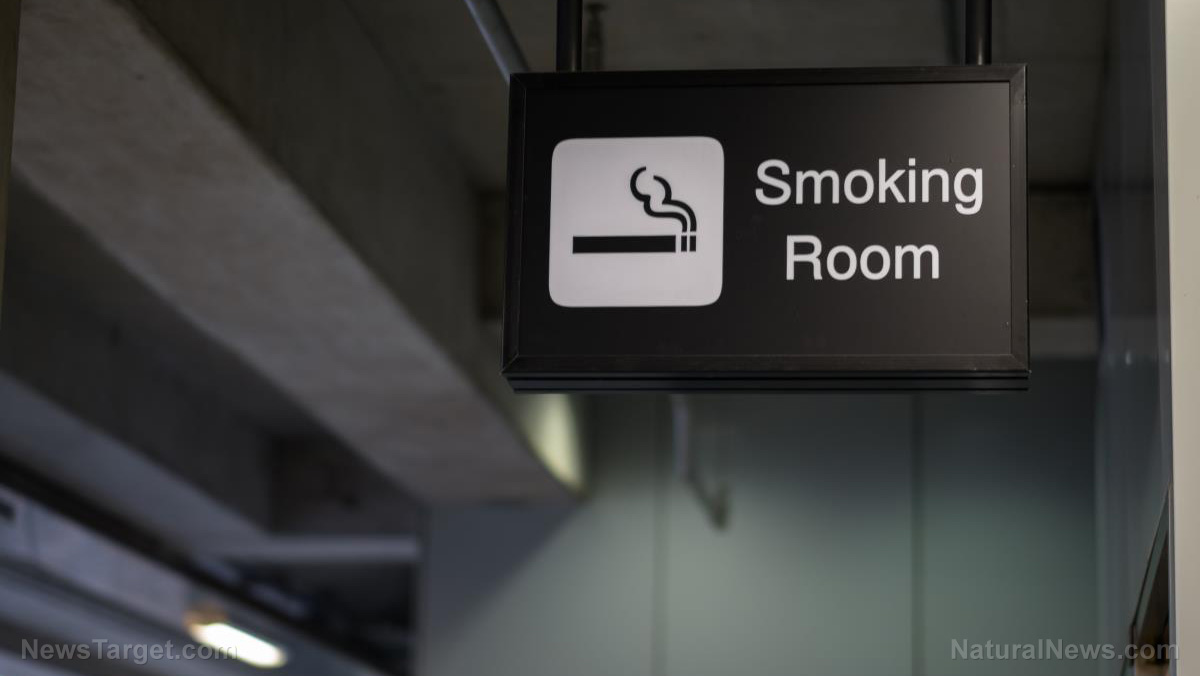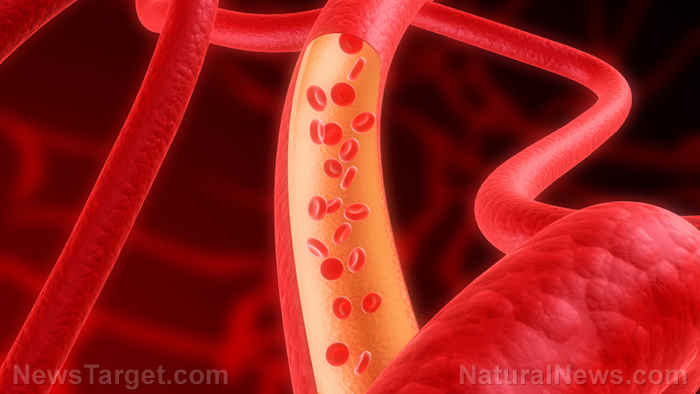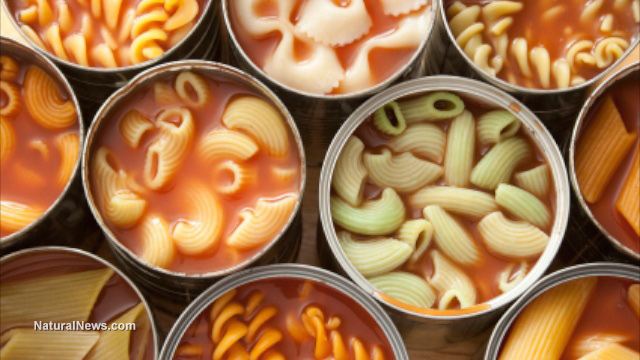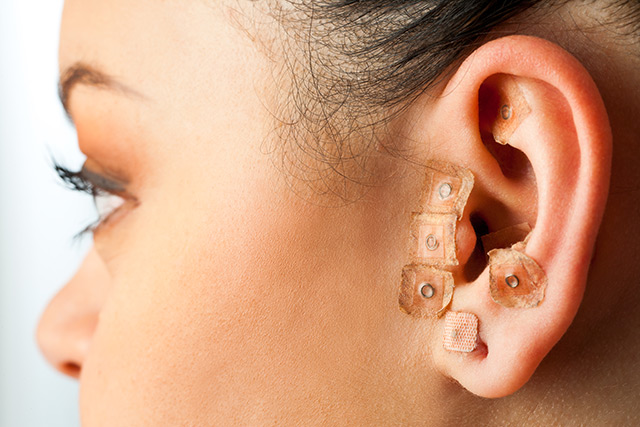Nicotine and caffeine withdrawal symptoms could lead to unnecessary testing and misdiagnosis in intensive care patients
02/07/2020 / By Darnel Fernandez
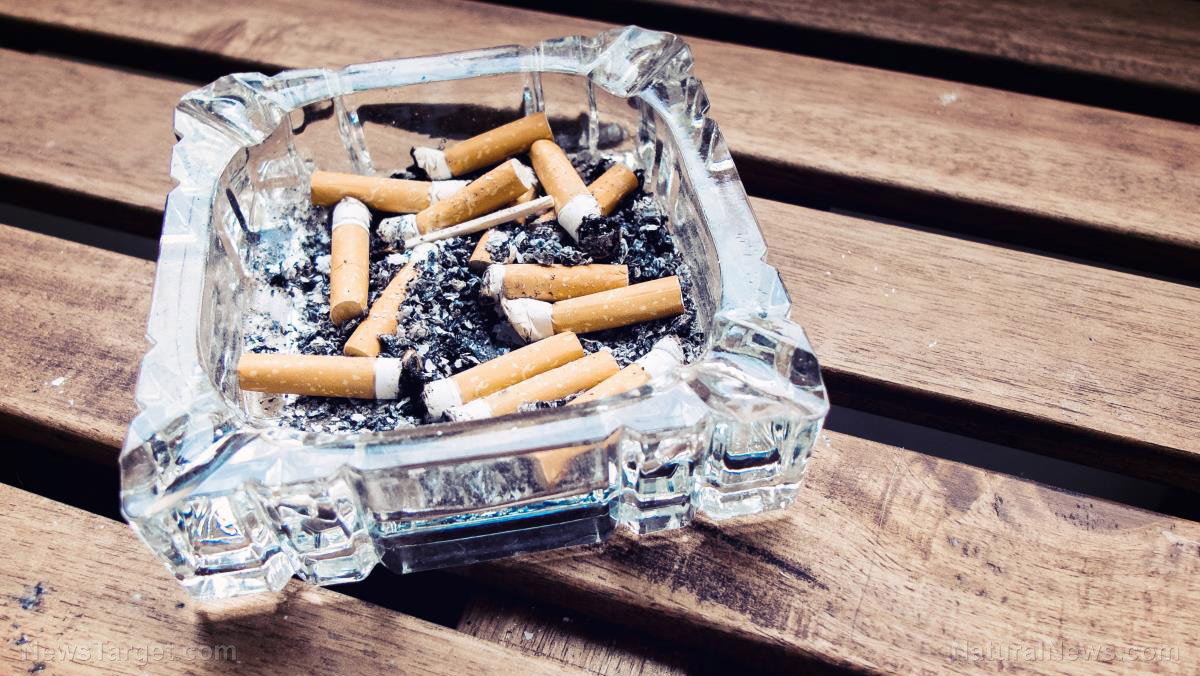
Nicotine and caffeine are highly popular and addictive substances consumed by a vast majority of people. In fact, you’d be hard-pressed to find someone who isn’t looking forward to his daily smoke and coffee breaks. If ever you find yourself admitted to the Intensive Care Unit (ICU) however, you might not be able to enjoy the luxury of having caffeine and nicotine until you’re released. This could potentially lead to caffeine and nicotine withdrawal, which recent research suggests could lead to much more serious consequences.
A study presented at the Euroanasthesia congress—the annual meeting of the European Society of Anaesthesiology—found that both caffeine and nicotine withdrawal symptoms are being mistaken for much worse conditions among intensive care patients. This finding suggests that those in the ICU are susceptible to unnecessary diagnoses and tests, including scans and X-rays, which could lead to further harm.
“Nicotine and caffeine are some of the most commonly used and highly addictive substances in modern society, but they are often overlooked as a potential source of significant withdrawal symptoms when abruptly discontinued in ICU,” said associate professor Maya Beltiova, who led the research. “Withdrawal symptoms including nausea, vomiting, headaches, and delirium can last for up to 2 weeks. These symptoms resemble conditions such as meningitis, encephalitis, and intracranial hemorrhage–this may confuse clinical diagnosis and result in unnecessary tests which can cause patient harm, cost a lot of money and waste time.”
Withdrawal symptoms mimic serious disease
Researchers from the Queen Giovanna University Hospital in Bulgaria performed a systematic review of 12 studies investigating the withdrawal symptoms and treatment in ICUs between the years 2000 and 2018, involving nearly 500 adults ranging in age from 18 to 93.
After analyzing all the collected data, the results showed that short-term nicotine withdrawal substantially increased agitation — with 64 percent of smokers exhibiting this agitation compared to 32 percent of non-smokers. The researchers also found agitation caused by nicotine withdrawal increased the number of tracheal tube and intravenous line displacements in ICU patients.
The researchers in the reviewed studies attempted to give nicotine substitution therapy but they found that it may contribute to severe cases of disorientation and confusion in the ICU, which is potentially linked with an increased length of stay and greater risk of death.
On the other hand, the researchers noted that caffeine withdrawal could lead to symptoms like drowsiness, vomiting, nausea and headaches, as well as an increased risk of delirium. However, unlike nicotine, they were able to find that caffeine benzoate could be successfully used to treat headaches caused by withdrawal. However, the evidence on the usage of benzoate in intensive care remains limited. (Related: How to beat caffeine addiction and lessen withdrawal symptoms.)
Belitova stresses the need for ICU clinicians to proceed with caution when considering whether or not to prescribe substitutes for caffeine and nicotine.
“ICU patients may benefit from nicotine substitution or caffeine supplementation, but with little evidence for their effectiveness, this should be left up to the judgment of treating physicians,” she said.
To be specific, Belitova highlighted the lack of evidence on the impact of caffeine withdrawal, its complications and treatment options. She suggests that future research should look into caffeine withdrawal more as an independent risk factor for both agitation and delirium in the ICU, as well as potential treatment options.
For similar stories on health care, visit HealthCoverage.news.
Sources include:
Tagged Under: addiction, agitation, caffeine withdrawal, health care, ICU, nicotine substitution therapy, nicotine withdrawal, stopsmoking
RECENT NEWS & ARTICLES
StopSmoking.News is a fact-based public education website published by Stop Smoking News Features, LLC.
All content copyright © 2018 by Stop Smoking News Features, LLC.
Contact Us with Tips or Corrections
All trademarks, registered trademarks and servicemarks mentioned on this site are the property of their respective owners.



